Nutrition Education
Synopsis
India is no longer deficient in food grains. However, sufficiency in food production does not guarantee improvement in the nutritional status of people, especially that of the women and children. Access to food and purchasing power are the two most determining variables of food security. Unfortunately, only 40% of India’s population consumes 80% of the energy required. Protein deficiency has been observed to be one of the commonest maladies affecting the physical and mental health status of children and therefore becomes a serious issue in respect of child survival. Children, especially belonging to families living in urban slums, rural and tribal areas, suffer from malnourishment leading to high degree of early childhood morbidity, and mortality. Despite the fact that Orissa ranks second in highest infant mortality in the country, food safety and nutritional status related activities have not been included in the primary health care system; and the PHD strategy also does not lay emphasis on involvement of the community vis-?-vis the mothers. Ignorance about the nutritional needs of the child across the stages of development is a “Mother of Miseries†for the urban slum-, rural-, and tribal- mothers. Nutrition education therefore is recognized as of considerable importance. The efficacy of the process of educating mothers regarding appropriate child rare practices including feeding and nutrition depends on a specific strategy that not only involves the mother s but also proves to be cost-effective and thereby replicable. The current study, therefore, attempted to employ an appropriate nutrition education strategy using an interactional model of communication with low-cost print material support. The essence of the applied strategy corresponded to devising need-salient messages and making the process a fully participatory one, animated through voluntary community workers. The results of the study have made it explicit that effective utilization of extension education material, through group participation leads to greater simulation of learning process. Thus, the merit of collectivism become the key factor for the success of the adopted strategy.
Read more
11.70
10.53
$
13.00 $
Free delivery Wolrdwidе in 10-18 days
Ships in 1-2 days from New Delhi
Membership for 1 Year $35.00
Get it now and save 10%
Get it now and save 10%
BECOME A MEMBER
Books by the same author

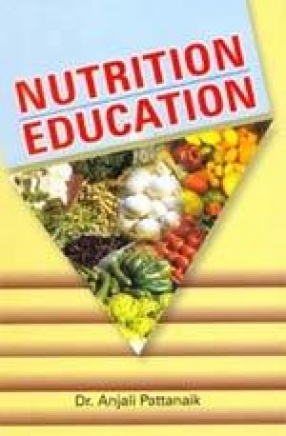
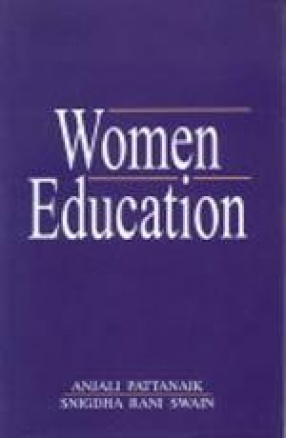
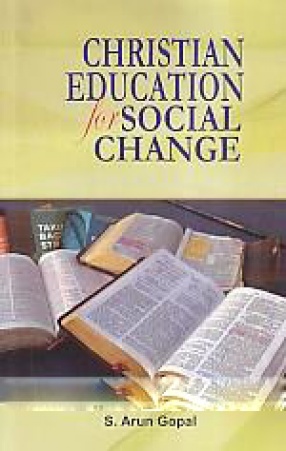
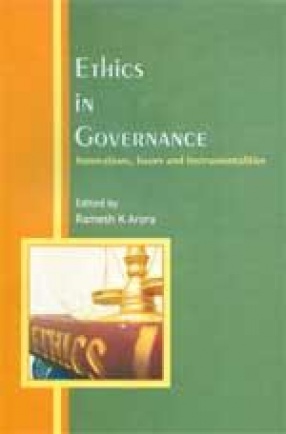
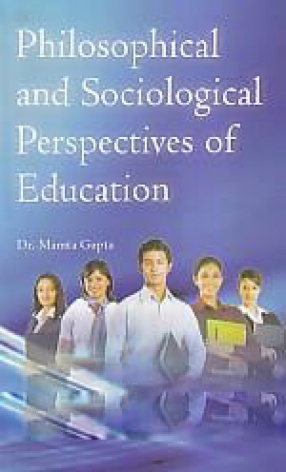
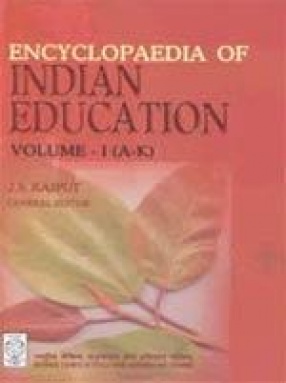

Bibliographic information